LYGIA PAPE – SERPENTINE GALLERY – LONDON
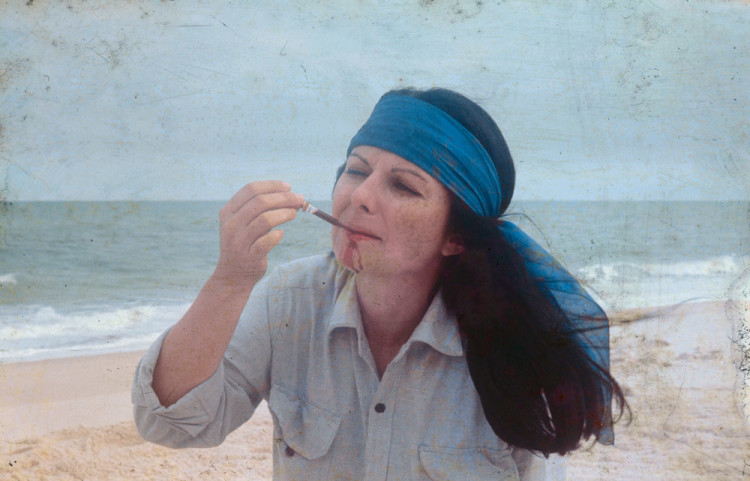
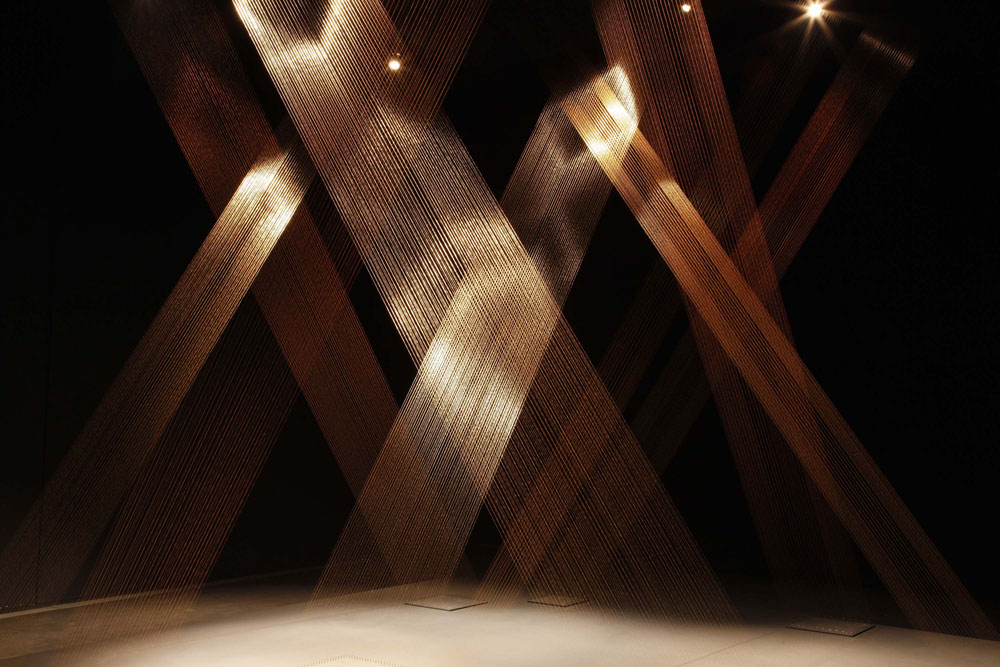
LYGIA PAPE
Magnetized Space
7 December, 2011 – 19 February, 2012
www.serpentinegallery.org
Lygia Pape: Film Work Talk by Guy Brett
Thursday 12 January 2012
Lygia Pape (1927–2004) was a leading Brazilian artist whose work brought together formal rigour and daring experimentation. In her own words, she explained her approach: ‘My concern is always invention. I always want to invent a new language that’s different for me and for others, too… I want to discover new things. Because, to me, art is a way of knowing the world… to see how the world is… of getting to know the world’.
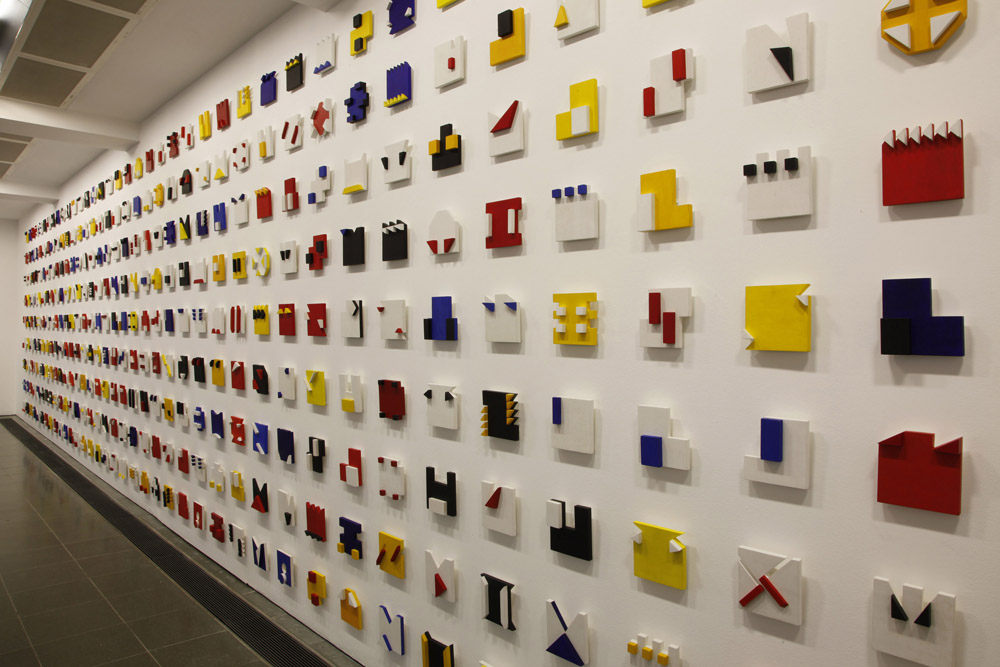
Pape was a founding member of the Neo-Concrete movement, which was dedicated to the inclusion of art into everyday life. Pape’s early work developed out of an interest in European abstraction, however she and her contemporaries went beyond simply adopting an international style, and started to draw on their own local situation.
Neo-Concretism is often seen as the beginning of contemporary art in Brazil, and Pape’s work – which focused on the coming together of aesthetic, ethical and political ideas – has formed an important part of Brazil’s artistic identity.
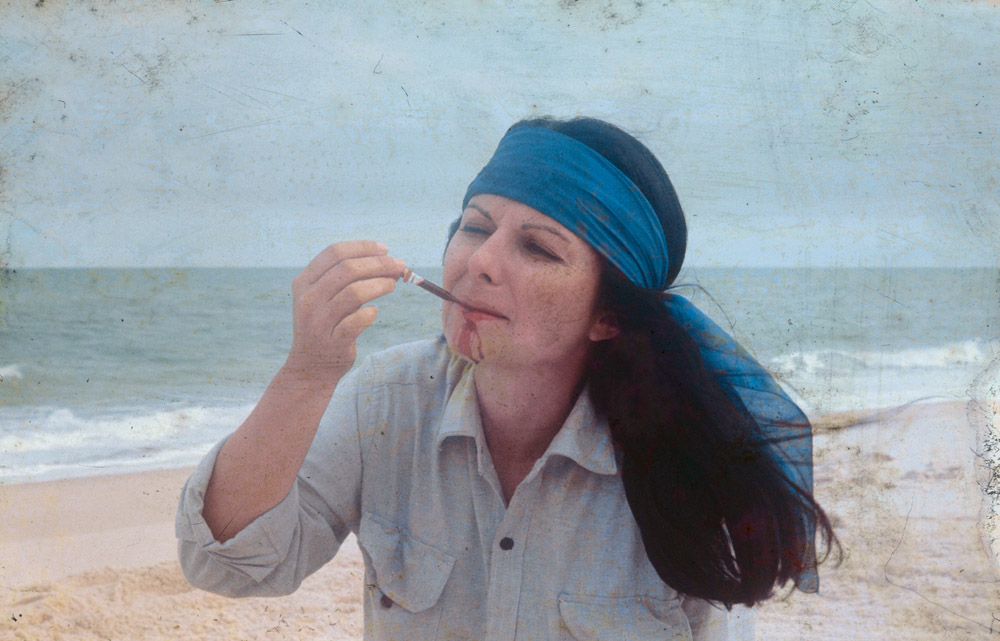
The exhibition presents work from throughout Pape’s career, including early drawings and poems from her Concrete period to her Neo-Concretist Livros (Books) and Caixas (Boxes) series, as well as ballets and performances such as Divisor (Divider) and O ovo (The Egg). Many of these works were created in response to the political repression growing in the late 1960s and reflected the artist’s strongly critical views on Brazil’s elite. Pape’s late works focused on the depiction of emotion and sensation, and have been described by Hélio Oiticica – a contemporary of Pape’s – as ‘permanently open seeds’.
The exhibition is organised by the Museo Nacional Centro de Arte Reina Sofía in collaboration with Projeto Lygia Pape and the Serpentine Gallery.
Position the cursor on the images to view captions, click on images to enlarge them.
Posizionare il cursore sulle immagini per leggere le didascalie; cliccare sulle immagini per ingrandirle.

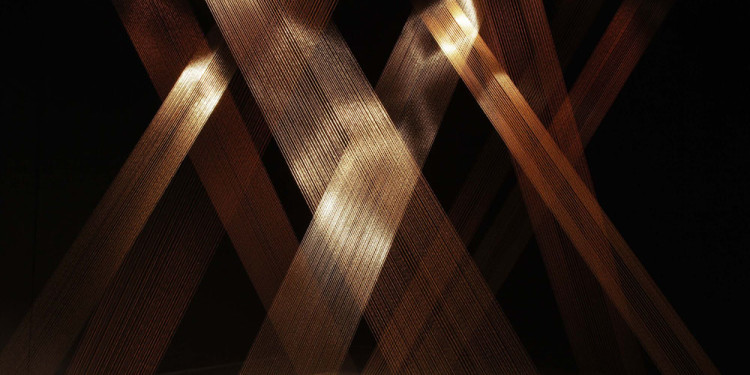
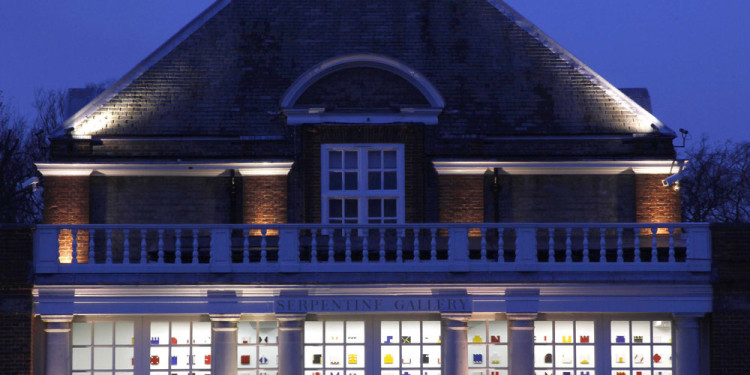
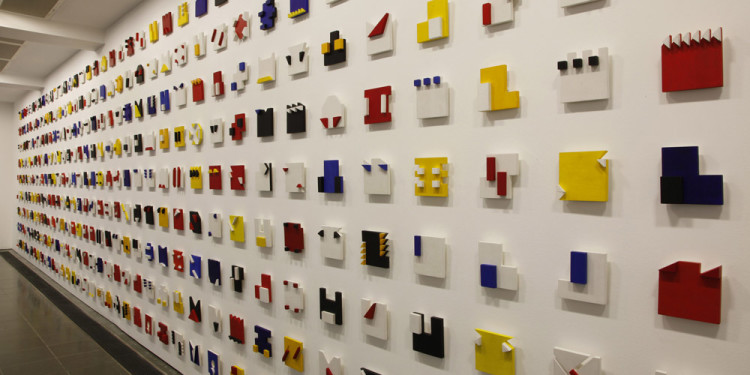
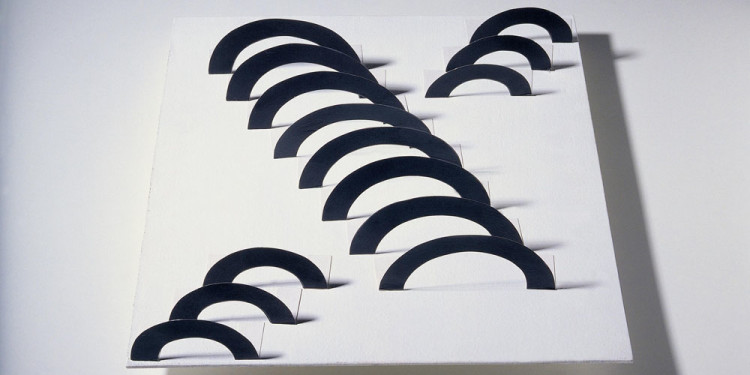
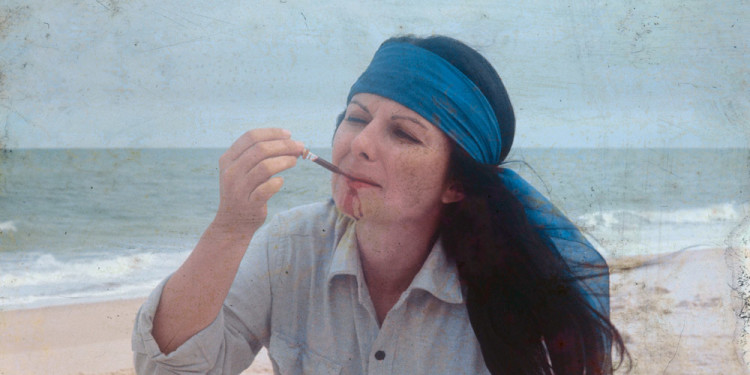
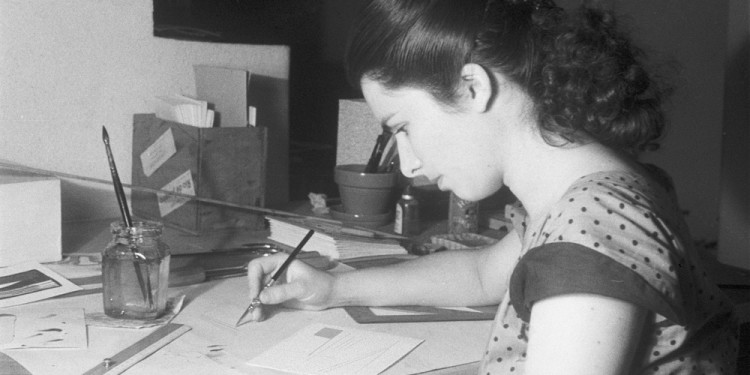
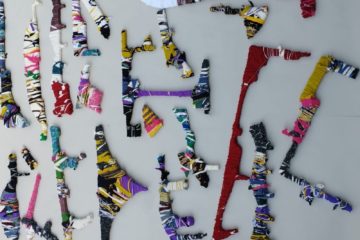
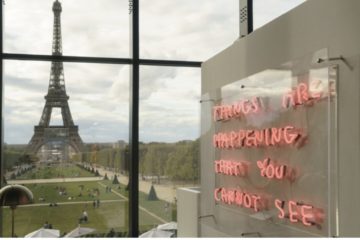
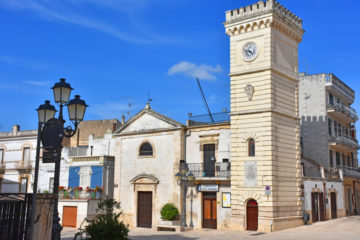
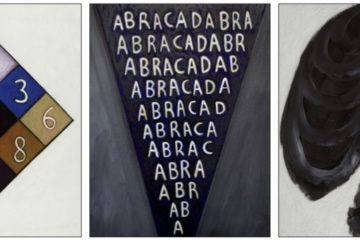

No Comment